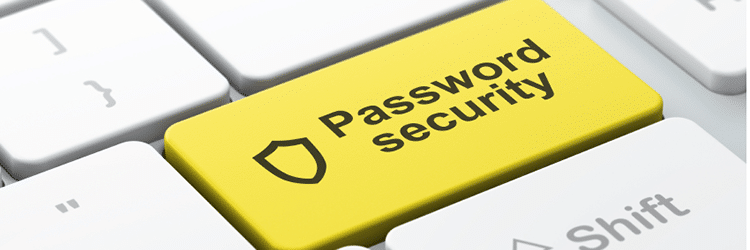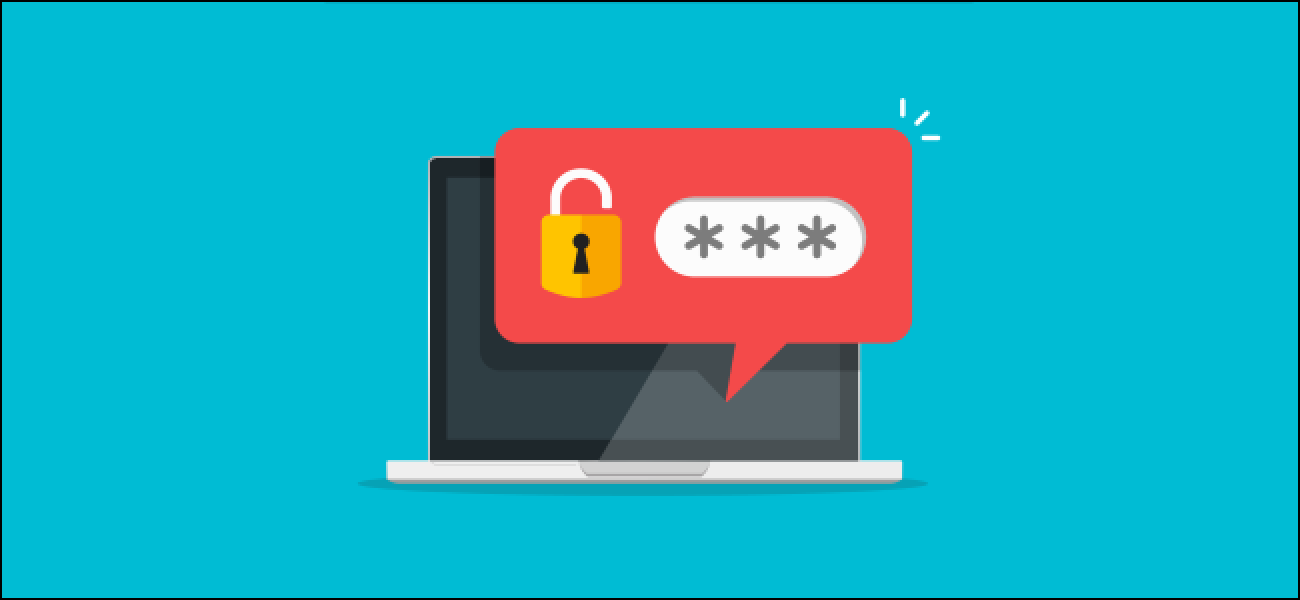Table of Contents
Why strong passwords are important?
Today, we use the internet not just for entertainment, but for virtually every important part of our lives: banking, work, communication with friends and family, data storage and even grocery shopping. While the internet has made our lives better and gave us opportunities we didn’t have before, it also made us more vulnerable than ever when it comes to data security. Did you know that an average person has around 30 accounts on different websites but that they only use 5 passwords for all of them? This means that if a hacker learns one of those passwords, they can gain access to numerous accounts. What’s even worse is that most of these passwords are very simple – millions of people are still using “password” or “qwerty” as their password.
Are my passwords safe in my browser or computer?
Even if you use different passwords for each website and save them in a built-in password manager in your browser or on your computer, you are still not totally safe. The truth is that most people don’t bother to change the pre-set password on their wireless router or firewall device. This means that if a hacker wants to get ahold of your passwords, all they need to do is get within the range of your wireless router and go through the list of all default passwords for wireless routers until they find the one that works. After that, they can gain access to your computer and all the passwords and information saved on it.
What is the most important password?
As we’ve mentioned above, having a strong password on your wireless router is crucial for your cybersecurity. However, there’s another incredibly important password that people often forget about. You may think that your personal and maybe even professional email passwords are not very important. Maybe you don’t use your email for anything sensitive or private? The truth is that your email password is one of the most important passwords out of all your accounts since a hacker who has access to your email account can simply click “Forgot password” on any website and use your email account to reset the password, thus, gaining access to said account. This can be done with your bank account, social media, healthcare provider websites and more.

How do hackers learn passwords?
There are numerous ways to crack someone’s password but the most common two include key loggers and social engineering. Key loggers are simple malware programs that log each stroke of your keyboard and send this information to the hacker, so they can see everything you type, including your login credentials and passwords.
On the other hand, social engineering utilizes the weakest point of cybersecurity systems – the human. Hackers can use information you’ve posted about yourself on social media or professional networking websites like LinkedIn to communicate with you and get you to reveal your password. Hackers can pretend to be an employee of your company, a friend or even a Gmail worker – as crazy as this sounds, these methods work very effectively.
